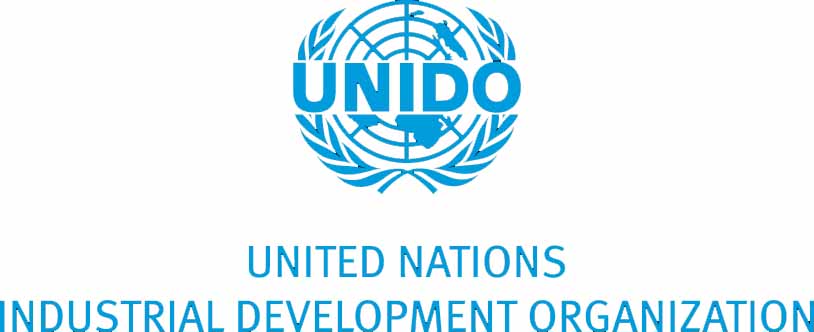
The United Nations Industrial Development Organization (UNIDO) project life cycle consists of four phases: Identification, Formulation, Implementation, and Evaluation. In the Investment Phase, which is a part of the Implementation phase, the project plan is executed.
During the Investment Phase, the project is fully funded and the project team begins to implement the plan. This phase involves putting the project plan into action and executing the various activities and tasks identified during the Formulation Phase.
Some of the key activities that take place during the Investment Phase include:
- Procurement: The project team begins to procure the necessary resources, including materials, equipment, and human resources, required for the project’s execution.
- Resource allocation: Resources are allocated to various project activities, and the project team ensures that the resources are used efficiently and effectively.
- Capacity building: Capacity building activities are carried out to enhance the skills and knowledge of the project team and other stakeholders involved in the project.
- Project monitoring: The project team monitors the project’s progress to ensure that it is on track and that any issues or challenges are addressed promptly.
- Communication and reporting: The project team communicates with stakeholders and provides regular progress reports to keep them informed about the project’s status.
- Risk management: The project team identifies potential risks and develops risk management plans to mitigate them.
- Quality control: The project team ensures that the project deliverables meet the required quality standards and that they are delivered on time and within budget.
Overall, the Investment Phase is critical for the successful implementation of the project plan. It requires effective project management, resource allocation, risk management, and quality control to ensure that the project is completed on time, within budget, and with the desired outcomes.

A) Negotiation and contracting stage. : There are four phases to the negotiation process. The first is preparation, when you acquire all the documentation, facts, data and information necessary to bring others into agreement. For example, when negotiating contract details with external contractors, a project manager must gather the number of project phases, breakdown of deliverables, milestones, time scales, resource requirements and expectations
The second stage is to exchange information and disclose necessary details with the other party. This aids efficiency and reduces frustration by ensuring relevant information is available to all and appropriate considerations are made prior to meeting. On a project, this information may include cultural or environmental considerations, company standards, rules and policies.
Bargaining is the third phase. It is at this stage that most of the interaction between parties takes place, and individuals display a range of different negotiation styles and tactics to make their case. It is during bargaining that the risk of unsuccessful or troublesome negotiations is highest, with increased potential for tempers and frustrations to flare.
The final phase of negotiation is closure. Like in a project life cycle, this phase formally seals and binds the parties into the outcomes of the agreement.
Register & Download PDF for Educational Purposes Only
Project Planning and Management Study notes for M. plan Sem-II

project planning and management.pdf
Register as member and login to download attachment [pdf] by right-click the pdf link and Select “Save link as” use for Educational Purposes Only
FD Planning Community Forum Discussion
- What different types of Projects can be taken up for Urban Development?
- Project Appraisal of city level projects
- Demand Forecasting methods for Project
- Location analysis for a project
- Role and Responsibilities of Govt. Organizations in project management
- Principles of activity planning
- Defining Activities of activity planning
- Sequencing Activities of Activity planning
- Estimating Activity Resources of Activity planning
- Develop Schedule of Activity planning
Disclaimer
Information on this site is purely for education purpose. The materials used and displayed on the Sites, including text, photographs, graphics, illustrations and artwork, video, music and sound, and names, logos, IS Codes, are copyrighted items of respective owners. Front Desk is not responsible and liable for information shared above.